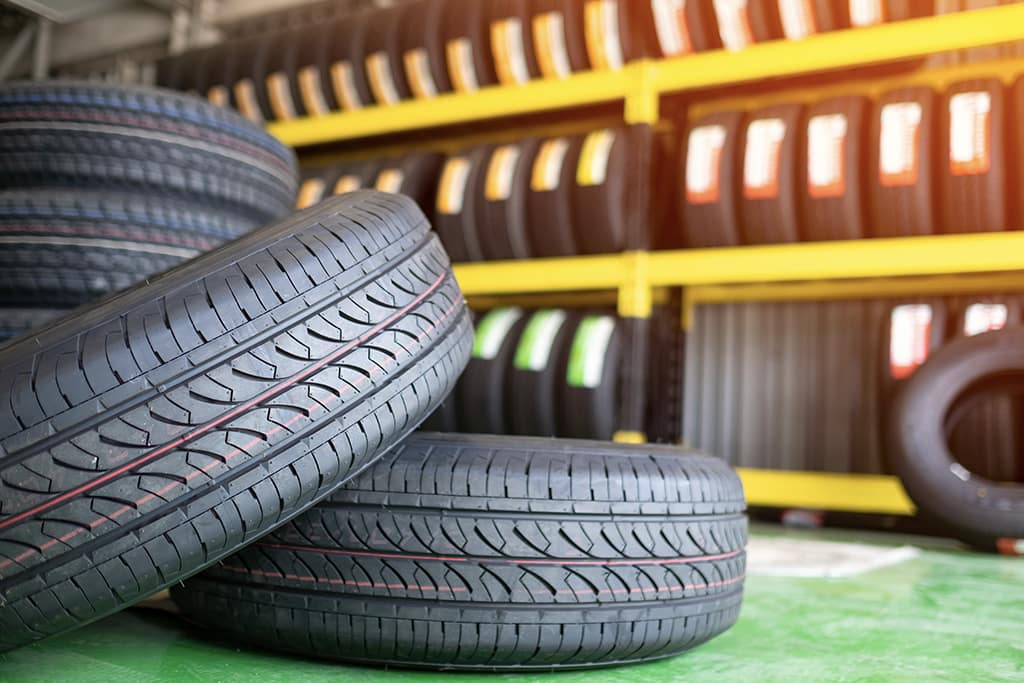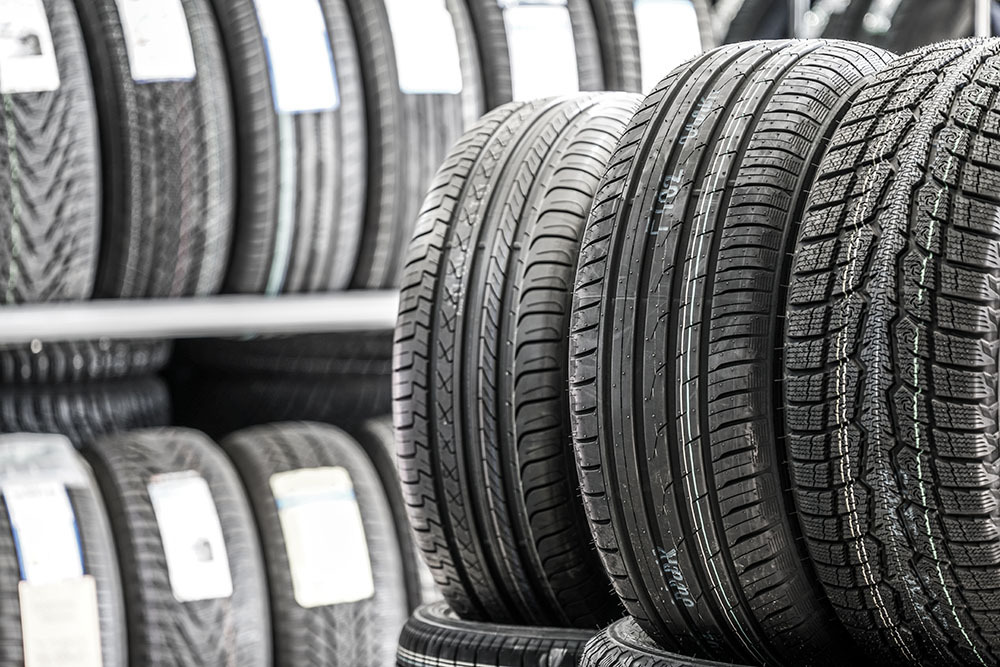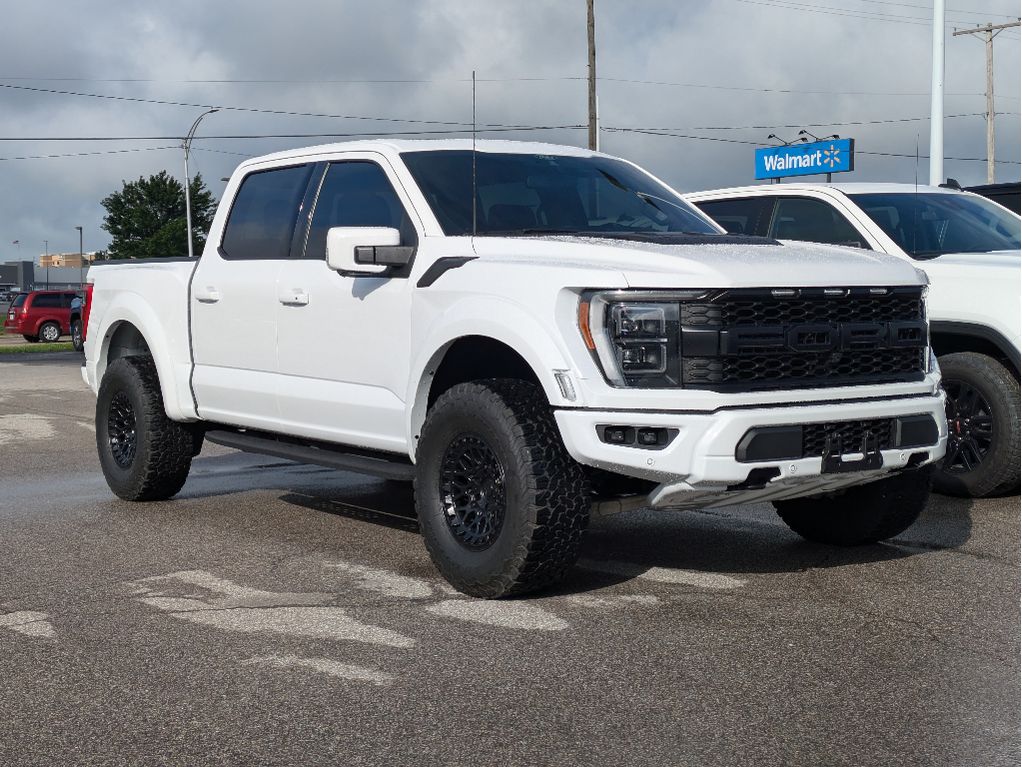When it comes to choosing tires for your vehicle, the decision between new and used options can feel overwhelming, not to mention financially draining. Tires are the only point of contact between your car and the road, making them an essential component for both your wallet and your safety.
New tires offer the allure of advanced technology, enhanced performance, and the peace of mind that comes with a full warranty. On the other hand, used tires present a tempting opportunity for significant savings—if you know what to look for.
Navigating this choice requires a careful balance of cost considerations, safety implications, and the unique driving conditions you face. In this article, we’ll explore the pros and cons of both new and used tires, empowering you to make an informed decision that suits your needs and your budget.
Understanding the Importance of Tire Choice

St Catharines auto parts can offer a range of options when it comes to choosing the right tires for your vehicle. This decision is not just about aesthetics or price; it’s a critical choice that impacts safety, performance, and your wallet.
The tread pattern, rubber composition, and overall condition of a tire play pivotal roles in determining how your vehicle handles under various driving conditions. New tires typically offer enhanced grip and durability, which can significantly boost your confidence on the road, especially in challenging weather.
On the other hand, used tires may present a tempting bargain, but their wear and potential hidden defects can pose serious risks. It’s essential to weigh the benefits of fresh, high-quality tires against the allure of a lower price point while considering how your choice will affect both your safety and your vehicle\’s efficiency over time.
Remember, investing in the right tires can be the difference between a smooth ride and a precarious journey.
New Tires: Pros and Cons
When considering new tires, the advantages are compelling yet nuanced. First and foremost, they offer unparalleled safety, thanks to the latest advancements in tread design and rubber technology, which enhance grip and performance, particularly in adverse weather conditions.
Moreover, new tires come with warranties that can shield your wallet from unforeseen replacement costs. On the flip side, the price tag can be steep, leading many motorists to second-guess their spending, especially when suitable used options are available.
Fresh tires may also contribute to better fuel efficiency, translating into savings at the pump; however, the initial investment may not seem worth it for those who drive less frequently. Ultimately, weighing the benefits of cutting-edge safety and reliability against financial considerations is crucial for making the right choice.
Used Tires: Pros and Cons

When considering used tires, the debate often hinges on cost-saving advantages versus potential safety risks. On the one hand, used tires can be a budget-friendly option for those looking to save money, especially for older vehicles or for temporary fixes—after all, why splurge when a more economical option may suffice? However, the caveat lies in the unknown condition of used tires; tread wear, hidden damage, or the tires age can significantly impact performance and safety on the road.
A seemingly great deal may turn into a costly mistake if the tires fail prematurely or contribute to diminished vehicle handling. Ultimately, while opting for used tires might lighten your wallet in the short term, it’s essential to weigh those savings against the potential risk—after all, safety should never be a compromise.
Conclusion

In conclusion, choosing between new and used tires ultimately hinges on your budget, driving habits, and personal safety priorities. While new tires offer the best in quality, performance, and longevity, used tires can provide a more wallet-friendly option if selected carefully.
It’s crucial to consider factors such as tread depth, age, and overall condition before making a decision. For residents of St.
Catharines and surrounding areas, exploring options at local auto parts retailers can ensure you find the best fit for your vehicle and financial situation. Ultimately, investing in the right tires, whether new or used, is essential for both your wallet and your safety on the road.

